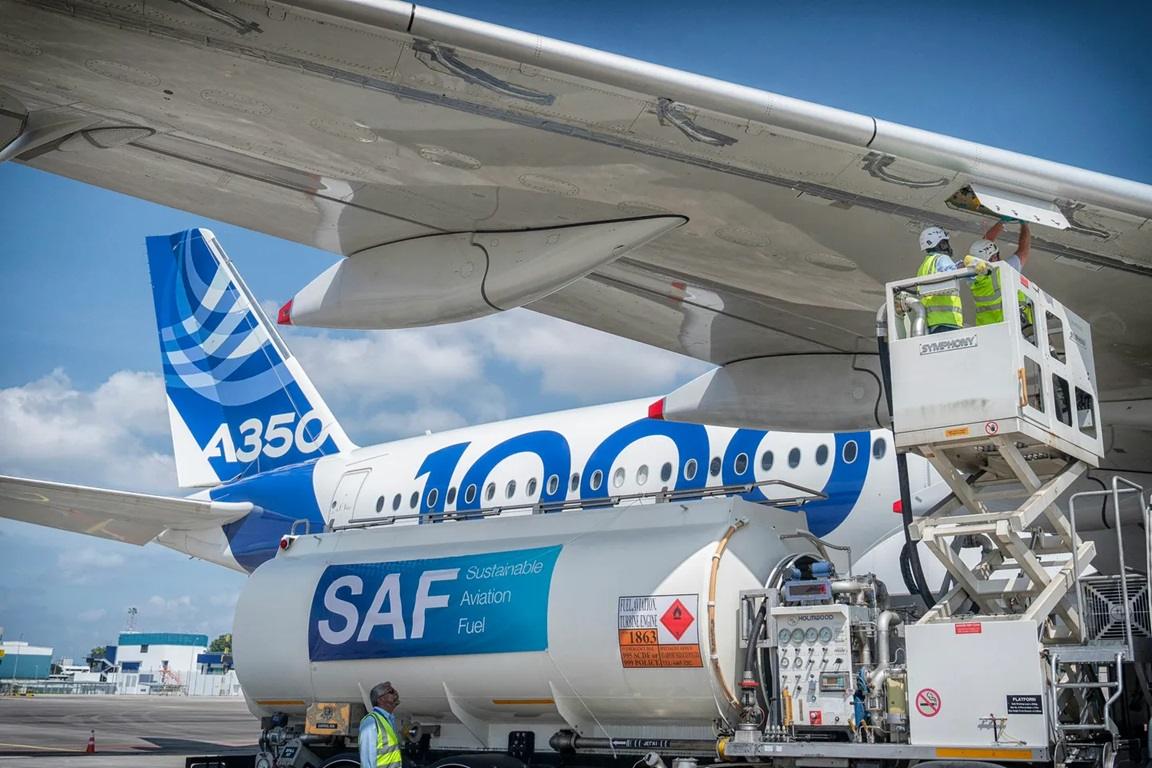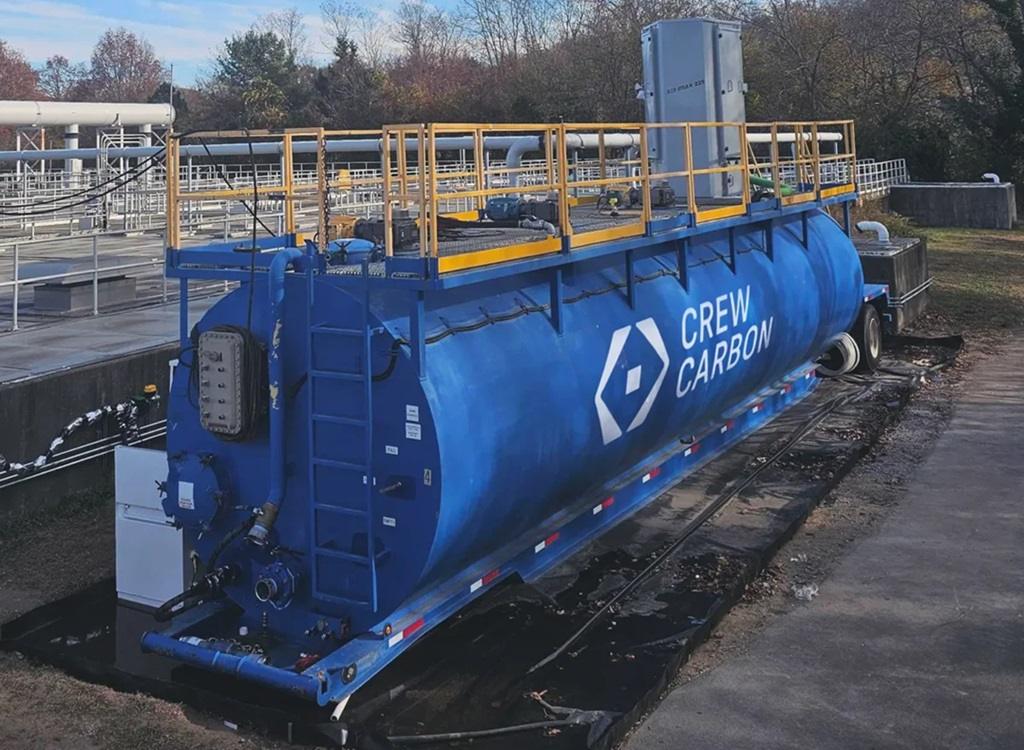Airbus Partners with Airlines, Investors to Launch $200 Million Fund to Accelerate SAF Production
Airbus announced that it has joined as an anchor investor for the launch of the Sustainable Aviation Fuel Financing Alliance (SAFFA) investment fund, aimed at accelerating the production of SAF.
The new fund is being launched with approximately $200 million from investors including Airbus, the Air France-KLM Group, Associated Energy Group, BNP Paribas, Burnham Sterling, Mitsubishi HC Capital Inc. and Qantas Airways.
Fuel accounts for the vast majority of the aviation sector’s emissions. Generally produced from sustainable resources, like waste oils and agricultural residues, SAF is seen as one of the key tools to help decarbonize the aviation industry, with lifecycle GHG emissions substantially lower than conventional fuels. Efforts to meaningfully increase the use of SAF by airlines face significant challenges, however, including the low supply currently available on the market, and prices well above those of conventional fossil-based fuels.
The new SAFFA fund will enable the partners to invest in SAF technology and development projects, targeting prmiarily technologically mature SAF-producing projects, such as those using waste-based feedstocks. Each of the partners may enter into priority contracts to secure SAF offtakes from SAFFA projects.
Initial investments will focus on opportunities that repurpose existing infrastructure. Investments will be diversified across various SAF’s production pathways, and also by region. SAFFA is focusing on SAF that is eligible for RefuelEU Aviation or CORSIA (Carbon Offsetting and Reduction Scheme for International Aviation) certification.
The fund’s first investment was in Crysalis Biosciences, a tech company aiming to produce low carbon intensity SAF and biochemicals. The company has completed the acquisition and renovation of the Monarch facility, an ethanol plant located in Sauget, Illinois, USA, which was shuttered in 2019.
Qantas Group CEO Vanessa Hudson said:
“Aviation is one of the hardest sectors to decarbonise and it’s going to take partnerships across industries like this to help close the gap between supply and demand,” Ms Hudson said.
“The current imbalance is one of the reasons SAF comes at a significant premium compared to jet kerosene, so it’s critical for the industry to invest now in scaling production.”





